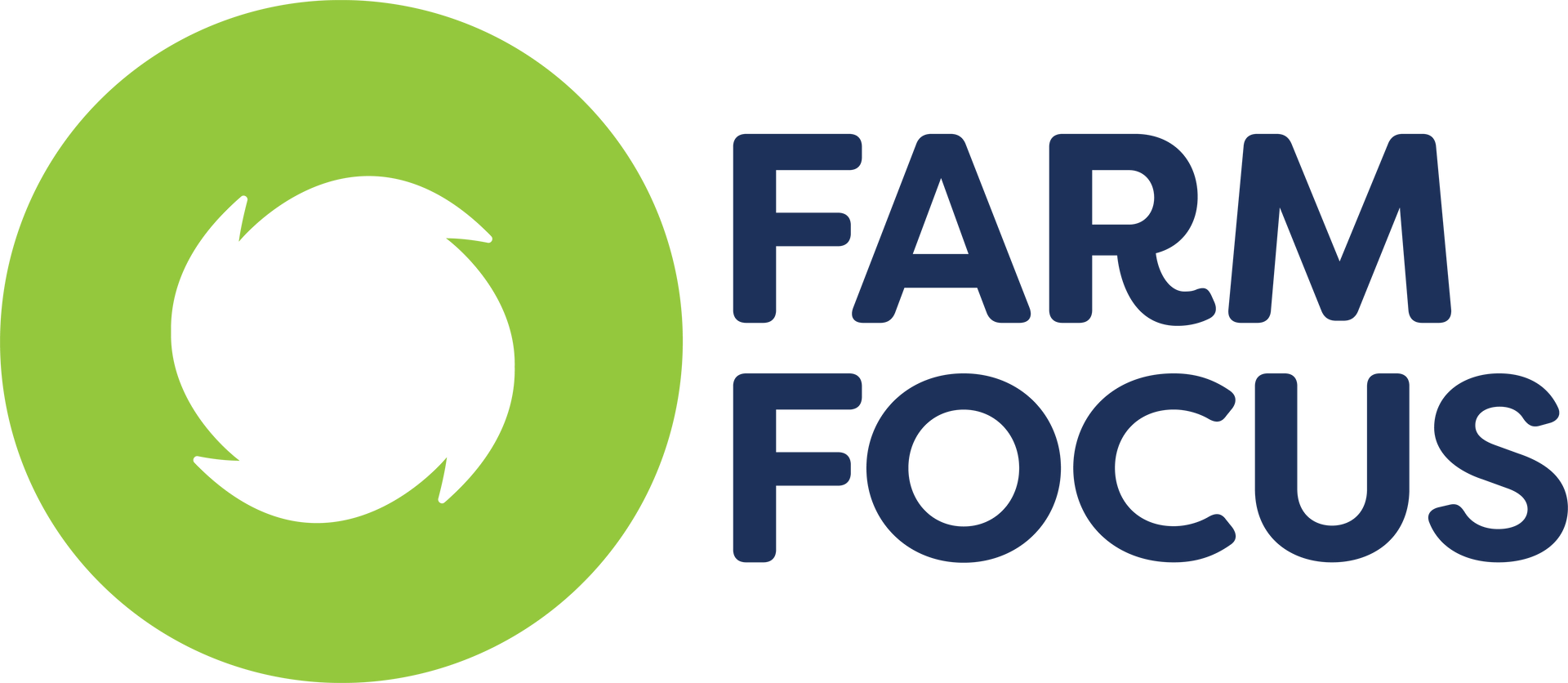Do you have overseas earnings stashed in an Overseas Bank Account?
If you do, the Inland Revenue Department are looking for you. On 11 October 2011, Inland Revenue published a Revenue Alert which deals with the issue of New Zealand tax residents accessing income held in an offshore bank account using an offshore credit or debit card.
Key issue
"Inland Revenue is aware of New Zealand tax residents who may have taxable offshore income held in an offshore bank account, and this income may not be returned in New Zealand for income tax purposes. As well as paying less income tax, people who conceal income offshore will also pay less child support; decrease their student loan repayment obligation; and may claim a larger entitlement to Working for Families Tax Credit (WFFTC) than they should."
The arrangement that Inland Revenue is concerned with typically entails:
- A New Zealand tax resident who has access to an offshore bank account;
- Funds are held in, or income is received into, this offshore bank account;
- Funds in the offshore bank account may be accessed using a credit card or a debit card issued by the foreign bank. This card can be used in New Zealand or overseas;
- The funds or income in the offshore bank account are not returned in New Zealand for income tax purposes; and
- This may also mean that these funds and income are not accounted for when calculating that person's child support liability, student loan repayment obligations, or entitlement to WFFTC.
Inland Revenue has also found that some people are structuring their affairs by using entities such as offshore trusts, foundations and companies to make the income appear to be outside the New Zealand tax system.
Inland Revenue's focus
New Zealand tax law requires a person to return and pay tax on all of their income, including any income sourced offshore and received into an offshore bank account, if the person is a New Zealand tax resident at the time that income is derived.
Inland Revenue is carrying out audits on a number of New Zealand tax residents who have offshore credit or debit cards and who have been found to hold offshore bank accounts or receive offshore income. Shortfall penalties, late payment penalty and use of money interest will be imposed where appropriate.
Investigations are also being carried out "to determine if a person is using the arrangement described in this Revenue Alert to evade or avoid New Zealand tax."
"Inland Revenue will continue to work to expand its network of Tax Information Exchange Agreements (TIEAs) and continue to work with its treaty partners towards global tax co-operation to help determine if a person is using the arrangement described in this Revenue Alert to evade or avoid New Zealand tax."







